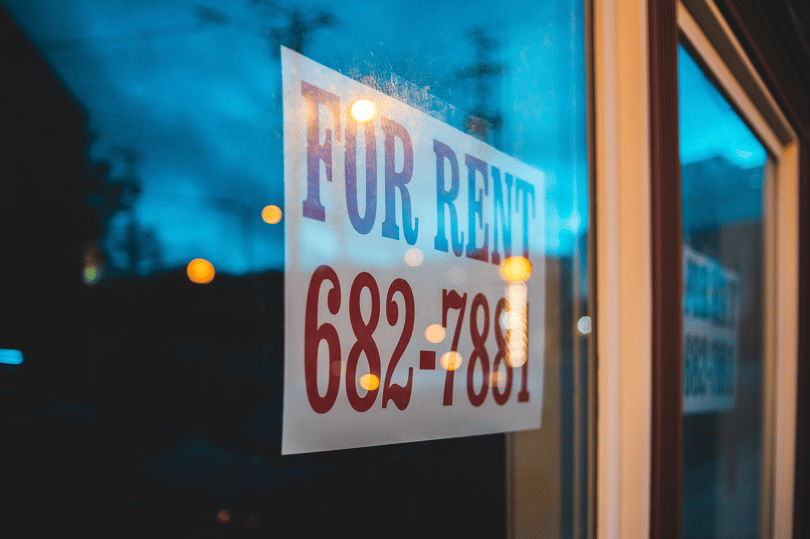Should You Consider Rent Reduction for Your Residents?

Should You Consider Rent Reduction for Your Residents?
The rent prices you set determine how much your properties stand to bring in each year. With cost-of-living increases and expenses like water and utilities on the rise, you may be tempted to raise your rates as new residents move in and existing residents end their lease agreements.
However, not every city – or every unit – can handle rent increases. In fact, some units may need to reduce their rents in their areas.
Here are a few considerations to weigh if you are evaluating your rental costs. This can help you determine whether a rent reduction or rent increase is right for your vacant properties.
Consider the Housing Market in Your Area
Whether you are new to the rental game or a seasoned Property Manager, you know that the housing market dictates what prices you can set. When demand is high for properties and supply is low, rental prices can increase. However, when the supply is high, renters are able to find more affordable homes or negotiate their rates down.
Evaluate your current market and see how prices have changed over the past year and even over the past few months. Several cities, from New Orleans to Virginia Beach, have noticed average drops in rent prices. If you raise your rental prices this year while everyone else lowers or maintains theirs, you may have a harder time filling vacant spaces. This leads to longer turnover gaps, hurting your overall bottom line. You may need to consider a rent reduction if you hope to stay competitive with other properties in your area.
Consider Changes to the Neighborhood and Unit
While you should certainly keep an eye on your city’s rental trends, you may encounter issues in your neighborhood or on your street that cause rent prices to buck the current trend.
For example, a renter in Brooklyn received a rent reduction when she shared how one of two subway trains servicing her neighborhood was going to be shut down. The situation made living in the area less convenient because transit was harder to access, making the area less desirable.
There may be recent changes to your area that lower its perceived value. If a nearby elementary school recently closed, then fewer families with young children will want to move to the area. If a major employer went out of business, then residents may need to leave the area to find work. You may need to reduce your rent in order to fill your vacant units.
Additionally, changes to the unit may reflect its rental value. If your carpet is worn or the unit hasn’t been remodeled in several years, then its value will drop. If rent prices have remained flat for the past few years but your rental property’s condition has worsened, then you may need to drop your rent prices.
Consider the Alternatives to Rent Reduction
As a Property Manager, you have multiple options when setting rental prices. If you don’t want to reduce the rent (either because you have long-term residents or think the market will bounce back), you can take steps to increase the value of the property.
For example, you can include utilities like electricity and internet services in the rent. This keeps your base rental rate at the same level while increasing the value to residents.
You can also invest in upgrades to make the space seem worth the cost. This could mean replacing the carpet and adding a fresh coat of paint or installing amenities like a dishwasher or clothes washer-dryer combination. These are one-time, short-term costs that could help maintain your rental rates and market the units. The end goal is to find renters, and price isn’t the only tool at your disposal to attract them.
Related: 4 Reasons You Should Remodel Your Rental Property
Consider Reductions for Longer-Term Rentals
Another reason to consider a rent reduction is to encourage residents to sign longer-term leases. If you offer three-month and six-month rentals, you can lose several weeks (and even months) each year to property vacancies. It takes time to have a resident move out, clean the space, market it, and set a move-in date for the next residents. Not only is this process costly, but it also takes up your precious time and resources.
Consider offering to reduce the rent for residents who sign longer-term lease agreements. This could turn a six-month rental into a year-long rental, or even a two-year rental. You can make up the loss in rent with less downtime from resident turnover, fewer cleaning and maintenance resources used, and less stress in the management process.
Related: 4 Ways to Improve Resident Relations in Property Management
Is Rent Reduction Right For Your Property?
A rent reduction, no matter how small, can significantly affect your profits. This decrease in income across several units can limit your budget for maintenance staff and improvement projects.
Look at your property maintenance expenses and management costs to see how much room you have for a rent reduction. If you use a property maintenance solution like HOMEE, you can easily track the average number of work orders you get each month and the amount you spend on maintenance.
If you don’t already use a tool like HOMEE, now might be the best time to start. Request a demo from HOMEE today and see how our platform can help you save money and reduce your maintenance costs.



